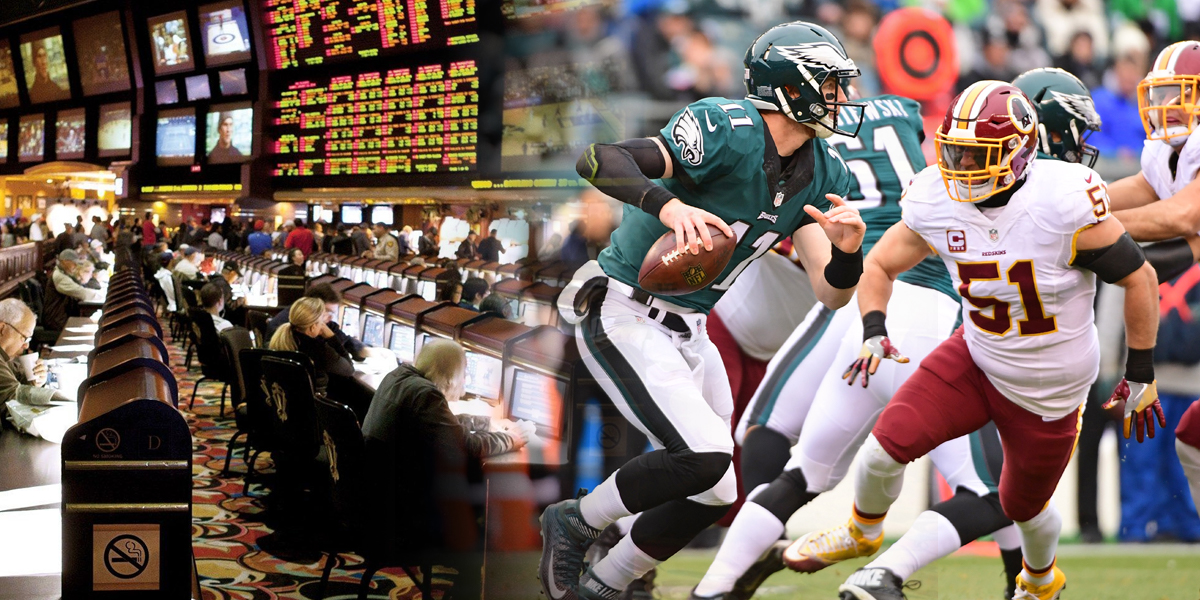- In jurisdictions with legal mobile betting, the activity accounts for over two thirds of the sports betting market.
- 40% of early US wagering has been in the form of in-game betting.
- In Europe, 75-80% of wagers come via in-game betting.
ATLANTIC CITY, N.J. – There are two main ingredients for successful sportsbook platforms in the burgeoning US marketplace. These are, unsurprisingly, mobile betting and live betting.
While it is also important for new US books to have physical venues (see FanDuel’s dominance in New Jersey, courtesy of The Meadowlands), mobile betting is the key to driving adoption. And live betting is an amenity that’s not far behind.
Though live betting – aka in-game or in-play betting – seems reliant on mobile wagering platforms, that’s a new development. Live betting has been a staple for years at physical sportsbooks in Las Vegas and overseas.
Given that the concepts are now so intertwined, new users likely expect any sportsbook they visit to offer both.
In Nevada, more than two thirds of all sportsbook action occurs via mobile apps over the Internet. In New Jersey, the only other state with full mobile wagering up and running, the number is over 80 percent.
In New Jersey, DraftKings claims that 40 percent of their action comes from in-game betting. DraftKings is the second-largest sportsbook operator in New Jersey by market share.
SBTech, a European brand making in-roads in America, claims that between 75 and 80 percent of their overseas handle is in the form of live betting. In a mature US market, SBTech expects a similar rate.
Obstacles To Mobile, Live Betting Adoption
Despite immense popularity, there are a few obstacles to mobile betting and live betting. The most pressing challenge is a technological one.
Mobile betting is a non-trivial service to roll out. Due to the Interstate Wire Act of 1961, apps and websites must be “geo-fenced”. That is, operators must ensure that bettors are physically within a sportsbook’s state before accepting any wagers.
Advertising Disclosure
USAOnlineSportsbooks.com provides you with the most current information regarding sports betting and fantasy with the help of commissions we receive from links you may click on our site.
Further, when live wagering is mixed in, the issue becomes one of speed. As with online video games, live betting requires minimal latency. Any significant lag, and the product becomes effectively unusable. DraftKings’ Dan Hannigan-Daly explains that this is the most important thing to get right in a live betting product.
“Moreso than [other sportsbook considerations] is really making sure that you have the good technological backing behind it to make the experience better for the user so there’s not an 18-second delay when you go to place that wager and you’re not betting blindly and not knowing what’s actually happening in the game.”
There are also stubborn state legislators who diverge oddly in their support for mobile betting. In some states, mobile betting is a non-starter, or related aspects have been abandoned.
In New York, sports betting is legal, but only in the state’s four upstate commercial casinos. Legislation to tack on mobile betting has stalled (SB 17), guaranteeing suboptimal adoption of both standard and in-game betting.
In Ohio, the lack of mobile wagering has caused HB 194 to stumble repeatedly. The future of the bill is unclear.
In Iowa, though mobile betting is a go, there are limits on in-game wagering. The state disallows NCAA prop betting of any kind, wiping out one of the most popular live betting categories.
Each state has its justifications for such limits. Eventually, however, mobile and live betting will be embraced universally. Long term, if a USA online sportsbook doesn’t offer both mobile wagering and in-game betting, it is doomed to failure.
For such books, the future really is double or nothing.

Benjamin joined the USAOnlineSportsbooks team in 2017, but has been a published writer for years. What started out as a hobby with his own blog turned into a professional career. We can rely on Benjamin to know which horses to keep an eye on when it comes to horse betting, but he also has an in-depth knowledge of baseball and other popular categories as well.






